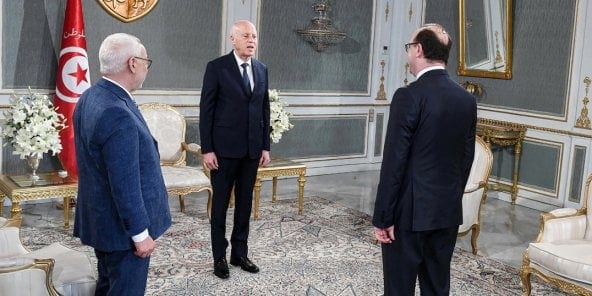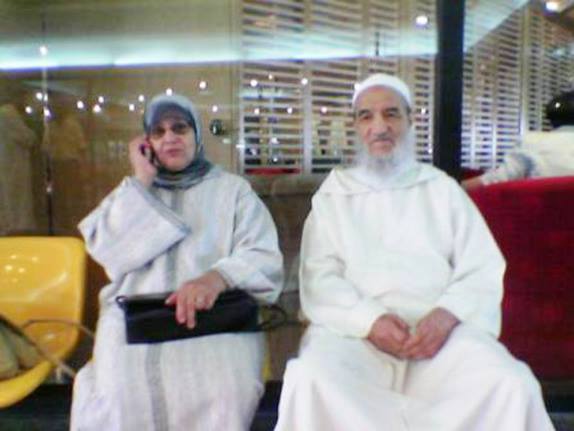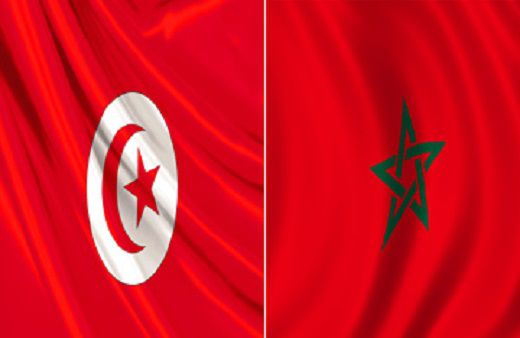
Tunis- Tunisia- When asked to give my opinion on the current situation of Tunisia, I feel compelled to deliver a message of pessimism. Wrangling is the catchword nowadays. Unquestionably this summer is a hot one.
From January 2011 until today Tunisia has gone through many ups and downs, many downs than ups. Ten governments were formed during the span of nine years.
After the recent resignation of Prime Minister Elyes Fakhfekh, Tunisians are eager to know who will be in charge of the eleventh government. Undoubtedly uncertainty hallmarks the political life in Tunisia. The political scene is fraught with difficulties and mistrust. Tensions between different political parties represented in the parliament have recently risen over the resignation of Fakhfekh and the call by some political blocs for a motion of no confidence of the President oF the Assembly of People Mr. Rached Ghannouchi. While Kais Saied is the head of state, his mandate is constitutionally limited to foreign affairs and defense. The new Constitution adopted in January 2014 grants the President of the country the power to nominate a head of government in case the winning party fails to form one. And as the largest parliamentary force, the Ennahda Islamist party, failed to secure Parliamentary backing after naming Habib Jemli, an independent, for the post of the prime minister, President Kais Saied was then left in charge of naming a head of government and named Elyes Fakhfekh. This time by calling on Fakhfekh to step down, Saied took the upper hand in the next government. Thus, Ennahda is pre-empted from potentially choosing the county’s next head of government.
All these moves and tactics tend to highlight the absence of harmony between the three presidents; as if each one is sailing on his own path. The whole fabric looks somehow on the verge of collapsing.
Tunisia has long been celebrated as the only success story of what is called the Arab Spring. However, all governments that took charge since then failed to revitalize the economy, bring down the unemployment rate which stands at around 15,4 percent, and start structural reforms. People are carrying the burden of politicians’ failures to craft an effective way out that will put Tunisia back on the right track. As a matter of fact, many politicians are now losing people’s trust.
It seems that the political machinations of the political parties have primacy over people’s rallying demands. The journey is still long and risky and we really need Socratic-like minds; Khaled Ibn Al Waleed courage-like individuals to fill in the landscape of our collective dreams.
And God is the grantor of success.





